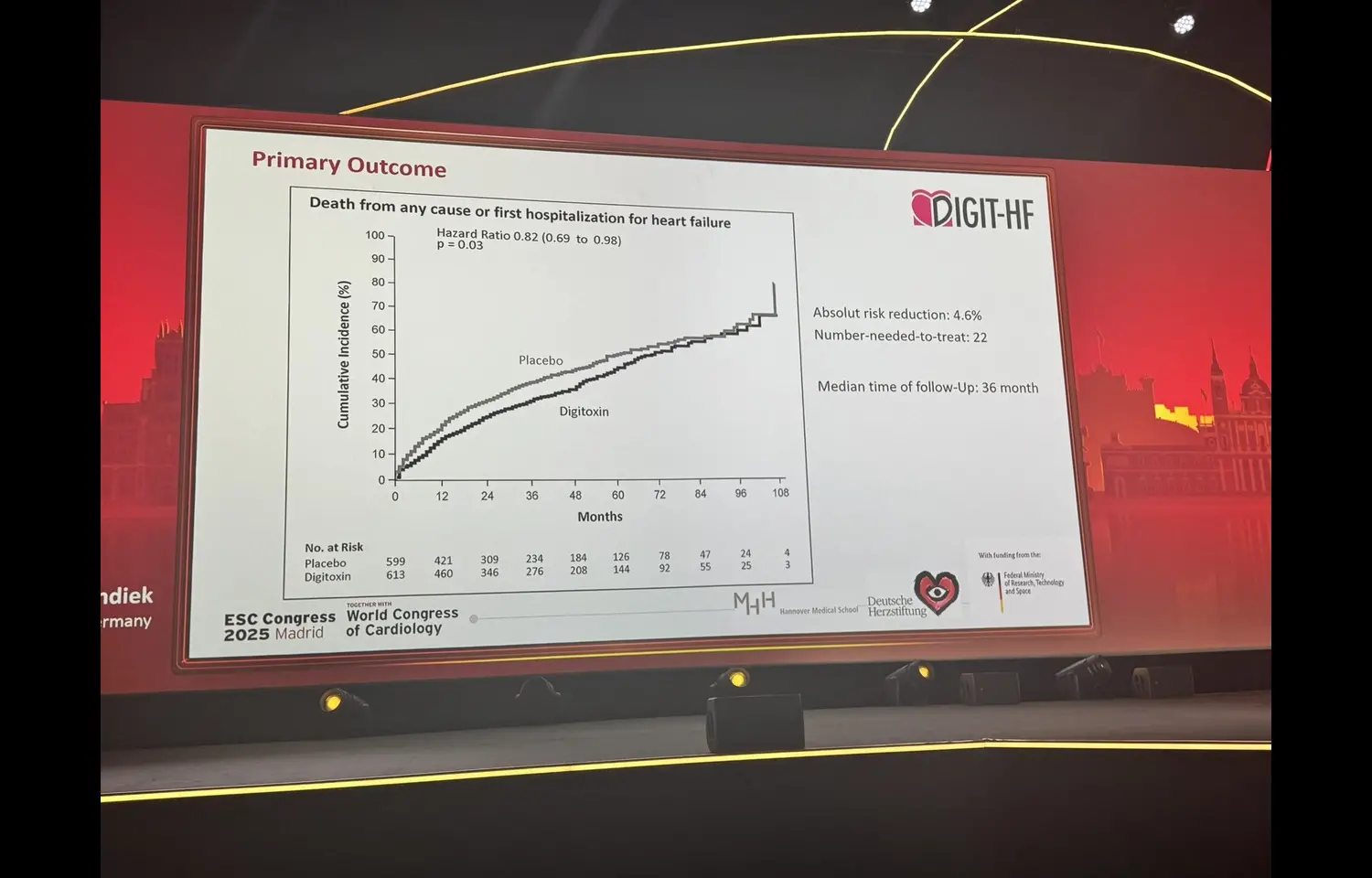- Home
- Medical news & Guidelines
- Anesthesiology
- Cardiology and CTVS
- Critical Care
- Dentistry
- Dermatology
- Diabetes and Endocrinology
- ENT
- Gastroenterology
- Medicine
- Nephrology
- Neurology
- Obstretics-Gynaecology
- Oncology
- Ophthalmology
- Orthopaedics
- Pediatrics-Neonatology
- Psychiatry
- Pulmonology
- Radiology
- Surgery
- Urology
- Laboratory Medicine
- Diet
- Nursing
- Paramedical
- Physiotherapy
- Health news
- Fact Check
- Bone Health Fact Check
- Brain Health Fact Check
- Cancer Related Fact Check
- Child Care Fact Check
- Dental and oral health fact check
- Diabetes and metabolic health fact check
- Diet and Nutrition Fact Check
- Eye and ENT Care Fact Check
- Fitness fact check
- Gut health fact check
- Heart health fact check
- Kidney health fact check
- Medical education fact check
- Men's health fact check
- Respiratory fact check
- Skin and hair care fact check
- Vaccine and Immunization fact check
- Women's health fact check
- AYUSH
- State News
- Andaman and Nicobar Islands
- Andhra Pradesh
- Arunachal Pradesh
- Assam
- Bihar
- Chandigarh
- Chattisgarh
- Dadra and Nagar Haveli
- Daman and Diu
- Delhi
- Goa
- Gujarat
- Haryana
- Himachal Pradesh
- Jammu & Kashmir
- Jharkhand
- Karnataka
- Kerala
- Ladakh
- Lakshadweep
- Madhya Pradesh
- Maharashtra
- Manipur
- Meghalaya
- Mizoram
- Nagaland
- Odisha
- Puducherry
- Punjab
- Rajasthan
- Sikkim
- Tamil Nadu
- Telangana
- Tripura
- Uttar Pradesh
- Uttrakhand
- West Bengal
- Medical Education
- Industry
Digitoxin Reduces Mortality and Hospitalizations in Heart Failure with Reduced Ejection Fraction: NEJM

Heart failure with reduced ejection fraction (HFrEF) remains a leading cause of morbidity and mortality worldwide, despite advances in guideline-directed medical therapy. Novel or adjunctive pharmacologic interventions are continuously explored to improve clinical outcomes, including reductions in hospitalizations and mortality. Digitoxin, a cardiac glycoside, has long been used for heart failure and atrial arrhythmias, but its impact on contemporary HFrEF management has required further evaluation in well-controlled studies.
A recent randomized, double-blind trial assessed the efficacy and safety of digitoxin in patients with HFrEF who were already receiving guideline-recommended therapies, including beta-blockers, ACE inhibitors or ARNI, and mineralocorticoid receptor antagonists. The primary endpoint was a composite of all-cause death or hospitalization for worsening heart failure. Secondary outcomes included cardiovascular mortality, heart failure hospitalizations alone, and safety parameters such as arrhythmias or digoxin-related adverse events. Results demonstrated that digitoxin significantly reduced the risk of the composite endpoint compared to placebo, primarily driven by a reduction in hospitalizations for worsening heart failure. Mortality trends favored digitoxin, though statistical significance for all-cause death alone was not reached. Safety analysis indicated that digitoxin was generally well tolerated at the prescribed therapeutic doses, with no unexpected adverse events. These findings highlight digitoxin’s potential as a valuable adjunct in the contemporary management of HFrEF, particularly in patients who remain symptomatic despite optimized guideline-directed therapy. This study provides robust evidence supporting the integration of digitoxin into modern HFrEF treatment paradigms, emphasizing its benefits in reducing heart failure-related hospitalizations and contributing to improved long-term outcomes. Clinicians should, however, monitor for known glycoside-related risks, including arrhythmias and electrolyte disturbances, to ensure safe administration.
Dr. Shravani Dali has completed her BDS from Pravara institute of medical sciences, loni. Following which she extensively worked in the healthcare sector for 2+ years. She has been actively involved in writing blogs in field of health and wellness. Currently she is pursuing her Masters of public health-health administration from Tata institute of social sciences. She can be contacted at editorial@medicaldialogues.in.


